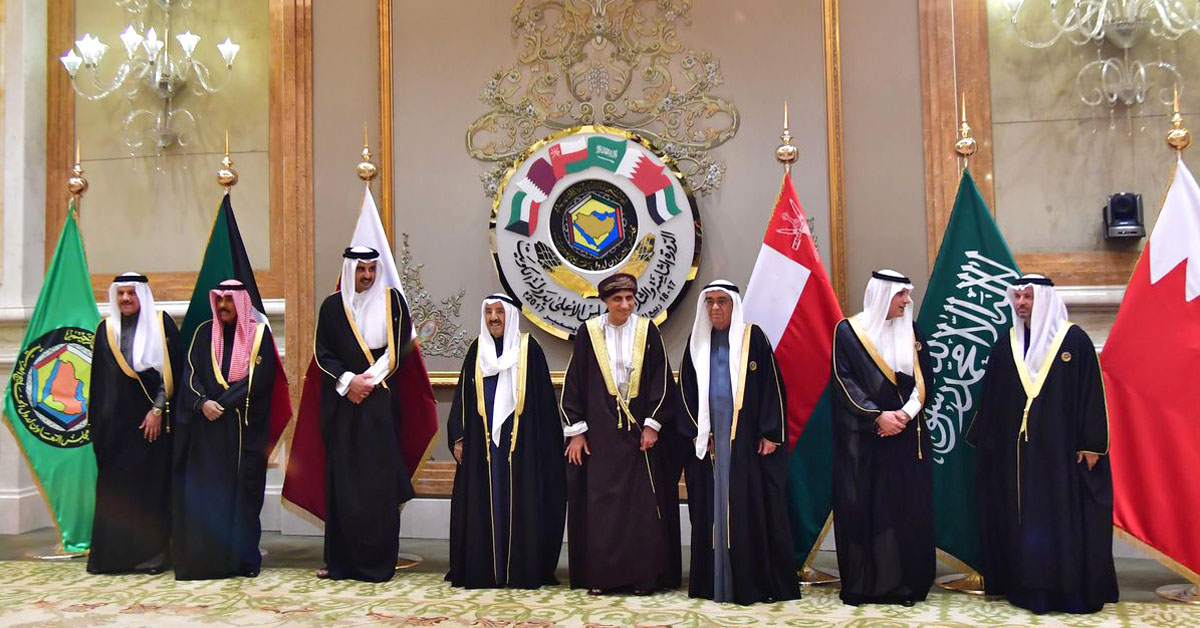| UAE Cabinet Resolution No. 25 of 2010 introduces a number of changes to the job transfer process in the UAE, writes Reema Ashraf of Hadef & Partners. The new rules aim to reduce the control that employers have over employees by liberalising the labour market and bringing it more in line with the International Labour Organisation’s (ILO’s) vision. Employers must adjust their employment processes to cater for these new rules. Expatriates living and working in the UAE, are tied to their “sponsor”, usually and for most practical considerations, a sponsor is the employer. Many expatriates come to the UAE and take up jobs only to find that the company wasn’t everything it projected itself to be or other opportunities emerge that offer a better fit, but they feel that their hands are tied, either because they are on a fixed term contract or because of the dual-inconvenience associated with the six-month ban before they can change jobs and the required No-Objection Certificate (NOC), that many ex-employers like to withhold. It is exactly this sort of rigid framework that the new UAE Cabinet Resolution No. 25 of 2010 (the Resolution) seeks to amend. However, the Resolution only contains basic details and more information is required to overhaul the transfer process and bring the UAE labour market in line with the vision and recommendations of the ILO. What is known is this: As from 1 January 2011, an employee who has either (i) completed his/her contract that has a fixed term of at least two years; or (ii) completed at least two years on his/her unlimited term contract and who gives the requisite notice of termination, may transfer to a new employer and obtain a new work permit under the sponsorship of the new employer, upon the amicable culmination of their employment with the first employer, without the need of a NOC (i.e. consent from the previous employer) or the imposition of the previously mandatory six-month ban. An employee on a fixed term contract that is longer than two years needs to be careful as this new rule would only apply to an employee that has completed the relevant fixed term (i.e. they will not be exempt even if they break the contract after a period of two years). In fact, such an individual will face a one year ban according to Article 128 of the UAE Labour Law if he/she breaks his/her contract prior to the expiry of the fixed term. Another point to note is that those who are currently serving their six month ban and who have completed at least two years with their previous employer without breaking a fixed term contract, may have their bans lifted as from 1 January 2011. As with any rule, there are exceptions to the two-pronged transfer requirements (completion of at least two years and amicable termination) above. These requirements can be waived in the following instances: 1) if the employer does not comply with or honour its statutory and contractual obligations towards the employee; or 2) if the employee is terminated without just cause and a complaint is filed with the Ministry of Labour and the courts rule in favour of the employee The reality of both these exceptions is that it will usually take more than six months for the courts to even make this sort of determination. 3) if the employer transfers the employee to another firm that the employer owns or has a stake in; 4) if the employee is classified in one of the three top classes of workers, i.e. those who earn above AED5,000, AED7,000 or AED12,000 and who are usually considered as “skilled and professional”. In reality, the new system will give employees 30 days once their contract expires to find a new job and sponsor. This doesn’t seem very different from the “30 day grace period” that one is given when a residence visa is cancelled, which is often used for the same purpose. |
United Arab Emirates
Latest Updates
Related Articles
Related Articles by Jurisdiction
UAE Ministry of Finance issues guidance on Economic Substance Regulations
Thirteen topics covered in the guidance that may be of interest to businesses affected by the regulations.
Patent filing strategies in the GCC
If you are interested in protecting your technology in the region, the question shouldn’t be where to patent your technology but how.
Finance Special Report 2008
Off the back of an extraordinary year of growth, modest economic expectations in the year to come are the current trend. Asian-Counsel provides a regional overview in addition to special features on Islamic finance in Japan, recent developments in Malaysian ...
Latest Articles














